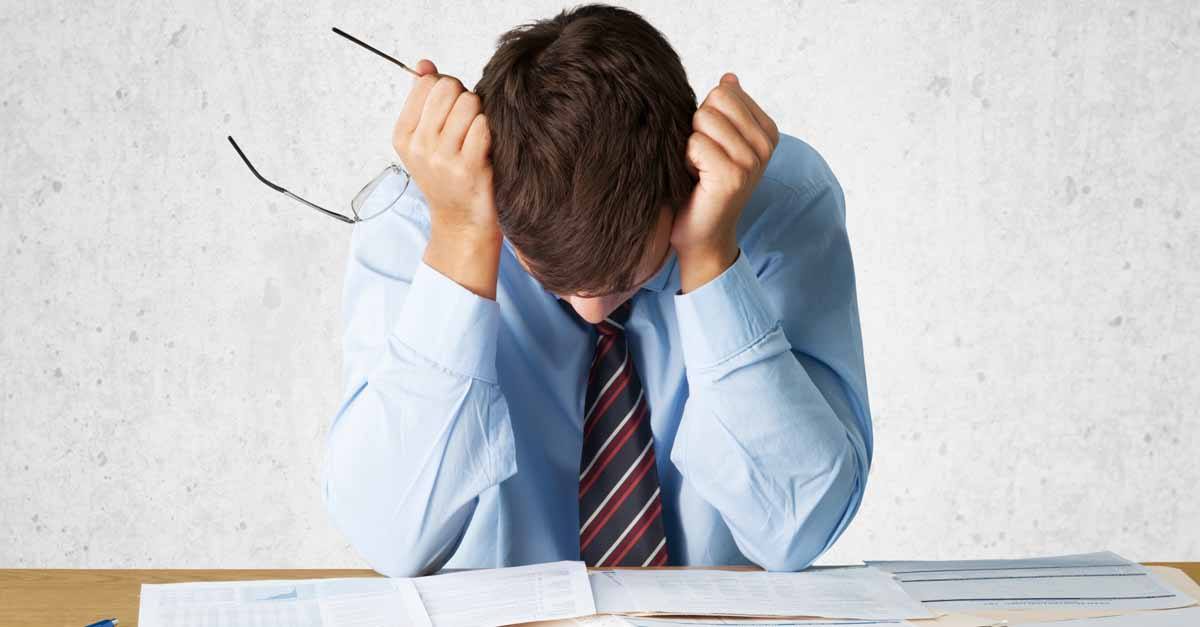I have to close my company because of the Covid-19

The situation caused as a result of COVID-19 has brought about an economic crisis, with numerous self-employed workers and companies having accumulated numerous debts, practically obtaining no income, which has caused them to enter into a insolvency situation, which in many cases forces them to have to close their businesses.
But what are the possible solutions that can be used?
The debtor, natural or legal person, can opt for pre-bankruptcy measures in order to avoid judicial proceedings. The pre-bankruptcy right is a period of grace or extension that is legally granted to those companies that due to their financial situation are about to enter into bankruptcy, so that they can redirect their financial situation
It should be noted that, during the pre-bankruptcy situation, that is, while negotiating with creditors, the company’s activity does not suffer any alteration , the bankruptcy administration does not intervene and the management and administration bodies of the same are maintained.
It may interest you:”What is a pre-bankruptcy ”
Pre-bankruptcy mechanisms
Refinancing agreements
Agreements adopted between the debtor and his creditors in order to avoid bankruptcy. Specifically, debtors can agree to a reduction in their debts or an extension of the term to pay them, that is, write off or wait.
Out of court settlement of payments
Mechanism that tends to resolve insolvency situations of individuals or legal entities avoiding the courts. It was created with the aim of facilitating a third party, called bankruptcy mediator, the possibility of reaching an agreement with creditors in order to overcome the insolvency situation. Said agreement may include waiting for a period of more than ten years, as well as removals, or assignments of assets or rights to creditors as payment of their credits.
If the debtor is a legal entity, it may also proceed to convert the debts into shares or participations in the company, or into participatory loans or any other financial instrument for a period not exceeding ten years. If the proposal is accepted by the creditors, the agreement will be made public, with the bankruptcy mediator in charge of supervising its compliance.
The out-of-court settlement of payments in cases of insolvency
Bankruptcy proceedings
If the debtor is unable to reach refinancing or out-of-court payment agreements with his creditors the bankruptcy declaration will have to be requested. In the same way, the declaration of bankruptcy will have to be requested if the agreements are breached.
In the event that the debtor cannot opt for the pre-bankruptcy mechanisms, either due to the obligation to request bankruptcy or because they have not reached an agreement with them , you can still overcome your state of insolvency within the bankruptcy.
The bankruptcy tries to find a solution to the debtor’s state of insolvency. Through said procedure, an attempt is made to renegotiate with creditors, making efficient use of resources in order to achieve the viability of the company or business, that is, it seeks the continuity of the activity through judicial approval of an agreement.< /p>
In any case, as we have mentioned previously, the debtor has the obligation to request bankruptcy, specifically, they must request it within two months of the date on which you would have known or should have known your state of insolvency.
Due to the situation caused by COVID-19 this mandatory deadline has been extended, Royal Decree 16/2020 establishes in its articles that until December 31 of 2020, the debtor who is in a state of insolvency does not have the duty to request the declaration of bankruptcy, for their part, the courts will not admit for processing the applications that have been submitted by creditors since the declaration of the state of insolvency. alarm, although it is advisable not to delay in the request, so that the insolvency situation does not worsen.
In case of non-compliance with the agreement or if the debtor requests it because he cannot comply, or in case of cessation of professional or business activity, a the opening of the liquidation phase. The opening of said phase ex officio by the judge may also proceed.
Once the liquidation phase begins, the bankruptcy administration will try to liquidate the assets owned by the debtor in the best possible way. For them, a liquidation plan will be created that will be presented to the judge in charge of the bankruptcy and in which the conditions and characteristics of the assets will be expressed and the way in which, according to the bankruptcy administration, they must be disposed of.
Once the bankruptcy assets have been liquidated, the final phase of the bankruptcy is reached, with the money from the liquidation the payment of the different creditors of the bankruptcy is made. Payment will be made according to the strict order of classification of the various credits. In the event of remaining uncollected creditors the credits will disappear together with the dissolution of the company, although the administrators of the company may have the obligation to take charge of those credits in the event that the bankruptcy was declared guilty.
Quick Quiz
The express bankruptcy modality can also be given, articulated for companies in a situation of insolvency that lack sufficient assets to be able to satisfy, not even, the credits against the mass. By means of this mechanism, it is avoided carrying out a judicial procedure made up of different phases, which would not make sense for those companies whose assets do not allow them to cover the costs of the bankruptcy itself. The judge in the same order of declaration of bankruptcy decrees the conclusion of the same.
Second Chance Law
We must not forget the second chance mechanism, which offers individuals and the self-employed the possibility of overcoming the bad economic situation, without neglecting the collection rights of their creditors, through exoneration of their debts. This opens the possibility of getting their life back on track and even risk starting new businesses, without having to indefinitely drag debts that would be difficult to satisfy.
Conclusion
It is essential that debtors have the advice of professionals who accompany them throughout the procedure, and who advise them on the best option to get out of the bad economic situation.
Puede interesarte:”Lawyers specialized in Bankruptcy Law”






